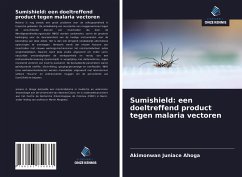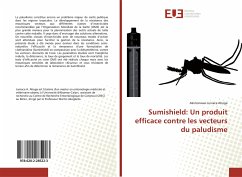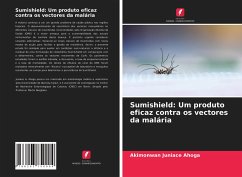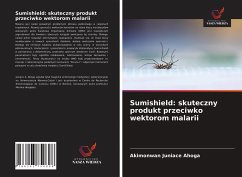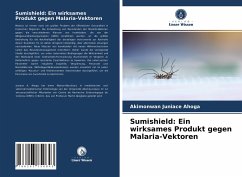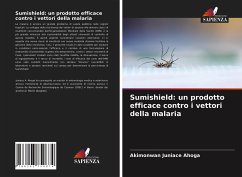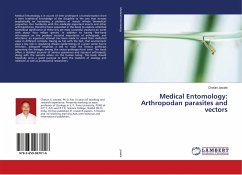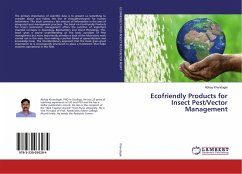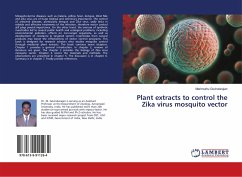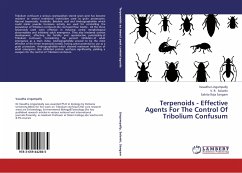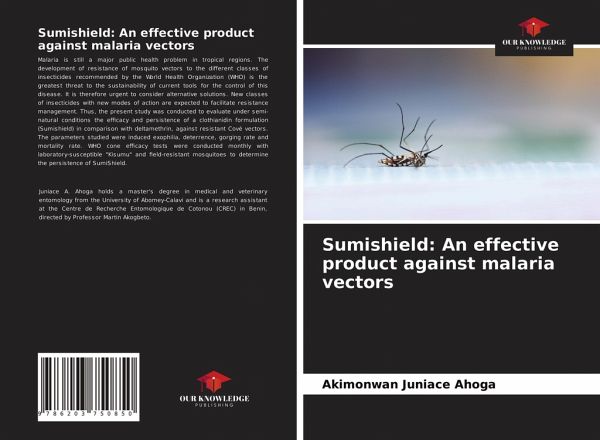
Sumishield: An effective product against malaria vectors
Versandkostenfrei!
Versandfertig in 6-10 Tagen
27,99 €
inkl. MwSt.

PAYBACK Punkte
14 °P sammeln!
Malaria is still a major public health problem in tropical regions. The development of resistance of mosquito vectors to the different classes of insecticides recommended by the World Health Organization (WHO) is the greatest threat to the sustainability of current tools for the control of this disease. It is therefore urgent to consider alternative solutions. New classes of insecticides with new modes of action are expected to facilitate resistance management. Thus, the present study was conducted to evaluate under semi-natural conditions the efficacy and persistence of a clothianidin formula...
Malaria is still a major public health problem in tropical regions. The development of resistance of mosquito vectors to the different classes of insecticides recommended by the World Health Organization (WHO) is the greatest threat to the sustainability of current tools for the control of this disease. It is therefore urgent to consider alternative solutions. New classes of insecticides with new modes of action are expected to facilitate resistance management. Thus, the present study was conducted to evaluate under semi-natural conditions the efficacy and persistence of a clothianidin formulation (Sumishield) in comparison with deltamethrin, against resistant Covè vectors. The parameters studied were induced exophilia, deterrence, gorging rate and mortality rate. WHO cone efficacy tests were conducted monthly with laboratory-susceptible "Kisumu" and field-resistant mosquitoes to determine the persistence of SumiShield.



